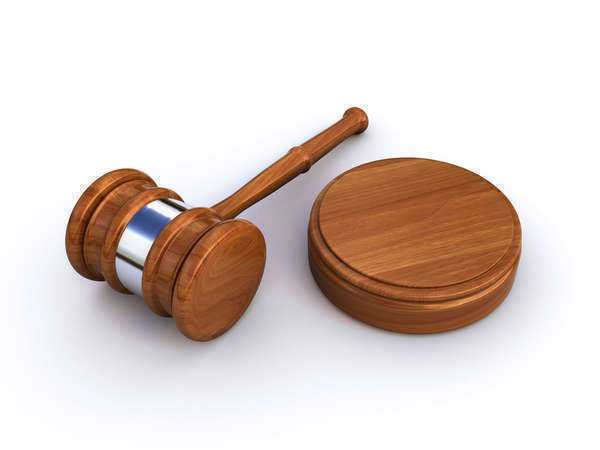Fact You Must Know About Pro Se Bankruptcy Litigation
Many people may be too scared to represent
themselves in court in any fashion, let alone traverse the proverbial murky
waters of filing for bankruptcy without a lawyer. Even after the passage of the Bankruptcy
Abuse Prevention and Consumer Protection Act of 2005
(BAPCPA) pro se representation has remained high. As of mid-2008, in fact, it
was actually on the upswing, yielding nearly 20,000 filings per a three-month
quarter.

Such trends in pro se representation are rather
alarming to bankruptcy jurists and other experts on the subject, and not just
in light of concurrent spikes in bankruptcy filings overall. The following are
some considerations of the potential complications when declaring bankruptcy
without a lawyer:
As evidenced by the tens of thousands of
filings each year, pro se representation in bankruptcy
court is not illegal. On the contrary, in terms of acceptability under the law,
representing oneself in court for affairs of bankruptcy without a
lawyer is perfectly admissible. That said, this does not exactly
mean pro se representation is recommended.
One reason pro se filings
are considered questionable is the nature of bankruptcy law. Perhaps more so
than any other form of law, bankruptcy procedure is insistent on the exactitude
and accuracy of the documentation filed. If self-representing
debtors fail to include any forms at all amidst the act of applying, they may
find their case dismissed, their ability to re-apply compromised, and their
protection from creditors endangered. Even with bankruptcy
software
on the market, this can still be too complex for the average American to
accomplish on his/her own.
Still before even getting to the actual
hearing to confirm a liquidation or reorganization plan, the need to disclose
all details correctly in a plan is of paramount concern. For those filing for
bankruptcy without a lawyer, with neither the expertise in bankruptcy law nor a
dialog with a professional to help catch all the possible sources of
obligations via borrowing (i.e. credits and creditors), insolvent parties may
be guilty of wrongdoing without knowing it. In breaking the rules, applicants
may get off easy by simply having those unreported debts refused to be
discharged. However, they may be charged
with the crime of abuse/fraud.
On top of the possible unlawfulness of pro
se representation, for it to even be effective a self-representing
party has to have a solid familiarity with the statutes behind the workings of
bankruptcy court. At the Federal level, all bankruptcy courts are bound
by the provisions of Title 11, namely the Bankruptcy Code, as well as the Federal Rules of Bankruptcy Procedure.